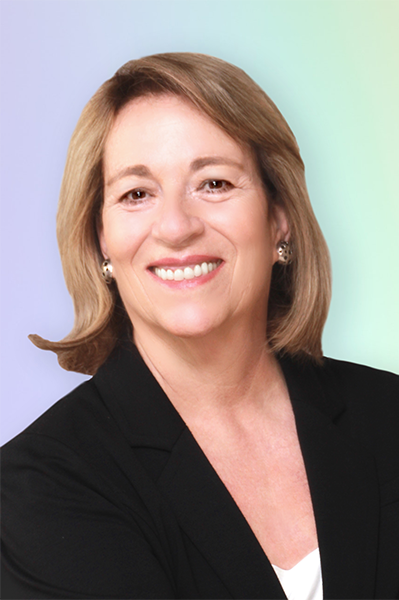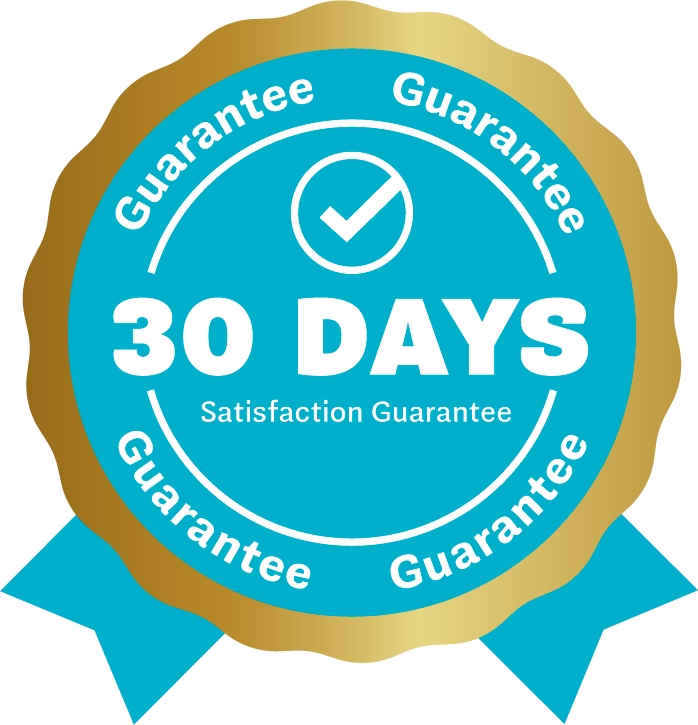
OPTIMIZE YOUR WELL-BEING

ENHANCE YOUR FOCUS

IMPROVE YOUR HEALTH
Become a Kitchen Alchemist and Take Charge of Your Health
Did you know the best medicine of all is food?
Food is truly meant to optimize your well-being, enhance your focus, and improve your health.
But it’s hard to know how to eat when most advice you’re being given is colored by dogmatic beliefs and anecdotal experiences, rather than evidence.
Food is about your biology, not ideology.
And with the kitchen as your pharmacy, you get to finally be in charge of your own healing.
Join me for this 9-part course to explore the art, science, and day-to-day practice of using food, herbs, and spices to achieve and maintain optimal physical and mental health.
We’ll cover…
- Why Food is Medicine
- Principles of Healthy Food Preparation
- Improving your digestion and mental health
- Food for improving your sleep and quashing insomnia
- Food that combats stress and fatigue
- The right foods to eat for anxiety and depression
- Enhancing your immune system function with food
- Alleviating premenstrual syndrome with food
- Food, sugar, and hyperactivity
- Strategies for overcoming obstacles to implementing your newfound knowledge in the kitchen

Take Charge of Your Health
With the kitchen as your pharmacy and food as medicine, you get to finally be in charge of your own healing.
Your Course Includes:
- A comprehensive 9-part course
- 8:45 hours of on-demand learning
- Handouts
- Recipes
- Supplement protocols
- Lifetime access


“I encourage anyone interested in complementary and alternative medicine to familiarize themselves with Dr. Korn’s work.”
Noah Rubinstein, LMFT
Frequently Asked Questions
Nature is the source of healing. All unadulterated, natural foods have the potential to be medicinal, particularly those that are rich in vitamins, minerals, antioxidants, and other beneficial compounds.
On the other hand, it’s important to be clear that fake foods that have additives and/or preservatives, and refined foods like cane sugar or white four, are not medicinal.
In Food as Medicine, you’ll learn how to use natural foods in potent and medicinal ways that will help you to achieve and maintain optimal physical and mental health.
Getting to know the foods you eat, learning what is and is not nutritious, and choosing to stock your kitchen with healthy foods, herbs, and spices are all important steps on the road to using food as your medicine.
As you gain knowledge and experience with the foods that nurture your physical and mental well-being, you’ll become able to take charge of your own health and healing, in ways you might not have realized were possible for you.
An incredible number of unprocessed, whole foods, herbs, and spices can be used as medicine. As just a few examples:
1. Broccoli is used to detoxify the liver, alleviate PMS by balancing women’s hormones, and reduce the symptoms of Autism spectrum
2. Saffron is shown in research to be a natural antidepressant and is tasty and beautiful.
3. Cayenne pepper enhances digestion and reduces pain when used as food, as well as topically.
You can start the Food as Medicine course immediately. It is a completely self-paced online course — you decide when you start and when you finish.
How does lifetime access sound? After enrolling, you have unlimited access to this course for as long as you like – across any and all devices you own.
If you are not 100% satisfied with this course you may send an email and you will be provided with a full refund, no questions asked. The reimbursement given will be minus taxes and fees paid.
I’VE BEEN FEATURED, INTERVIEWED, OR PROFILED IN:







Take Charge of Your Health with Food as Medicine
This self-paced course begins with a survey of the culinary and nutritional principles you’ll be applying throughout the program (and hopefully for the rest of your life).
The following seven sections home in on different physical and mental health challenges that food can successfully address.
Last, we focus on the common barriers that exist in transforming your kitchen into your pharmacy, equipping you to overcome those obstacles and enjoy a lifetime of good health.
Part 1. Principles of foods, herbs, and spices for mental health
As we begin, we set the stage (and the table!) for learning the art and science of food preparation, considering raw and cooked foods; food as fuel; fats, carbohydrates, and proteins; principles for choosing fruits and vegetables, and the importance of nutrients for mental and physical health.
Part 2. Improving Digestion for Mental Health
We’ll explore how our mental health and digestion are both impacted by the ways we chew and swallow, the stress we experience, and foods that help or hurt our digestive tract and our microbiome.
Part 3. Food, Sleep, and insomnia
Our biorhythms, mental health, and diet all intersect. In part 3, we look at how different types of insomnia respond to different foods and herbs, as well as learning about nutrients that can also aid sleep. We’ll make space to cover special sleep issues that occur at different life stages — for children, adults, and elders.
Part 4. Food, Stress, and Fatigue
Part 4 explores the use of food for boosting mitochondrial function and energy levels. We will also explore the impact of viruses, why to pay attention to the stress response called the HPA axis, and the wonderful world of stress-busting herbs and supplements.
Part 5. Food for Mood: Anxiety and Depression
Inflammation, sugar, and other foods contribute to depression and anxiety, while other foods can significantly reduce depression and anxiety. These can be complemented by mood-boosting herbs in the kitchen.
Part 6. Food and the Immune System
Part 6 discusses foods that support the microbiome and its function as the second brain. We can support innate immunity and adaptive immunity with foods as well as identify adjunctive methods for immunity. We’ll also survey protocols for virus prevention.
Part 7. Food and Premenstrual Syndrome
Part 7 focuses on fats and nutrients that combat PMS. We explore why sugar cravings play a role in PMS as well as what natural diuretics, foods, herbs, and nutrients can decrease (or exacerbate) PMS.
Part 8. Food, Sugar, and Hyperactivity
As many children struggle to maintain focus and attention, we’ll focus here on both dietary behavioral and exercise-based tools for enhancing focus and attention and how to avoid or eliminate risky medications.
Part 9. Bringing it All Together
As we close the Food as Medicine course, we review fundamental principles, and strategies for overcoming personal and familial obstacles

Your Instructor
Leslie Korn, PhD, MPH, is a culinary alchemist and herbalist who is also an Integrative Medicine clinician, scientist, and educator. She has taught vegan, vegetarian, and paleo cooking internationally, specializing in mood-boosting preparation of foods.
Leslie is a licensed psychotherapist certified in Functional Nutrition, who introduces her clients and students to culinary medicine. She is the developer of the Brainbow Blueprint®, a pioneering integrative approach. She has a private practice where she works with clients to improve mental health and reduce or eliminate medications using natural medicines.
With 40 years of clinical experience, she also mentors clinicians who want to enter the field and provides supervision to active clinicians.
Leslie is the author of 10 books including Nutrition Essentials for Mental Health: A Complete Guide to the Food-Mood Connection, The BrainBow Blueprint, Rhythms of Recovery: Integrative medicine for trauma treatment, the bi-lingual Medicinal Plants of the Jungle, The Good Mood Kitchen, and Natural Woman.
The Leslie Korn Institute For Integrative Medicine is neither a regulatory nor licensing organization and therefore not sanctioned to certify, license, or otherwise bestow the legal authorization to practice as a nutritionist, physician, or mental health professional.








